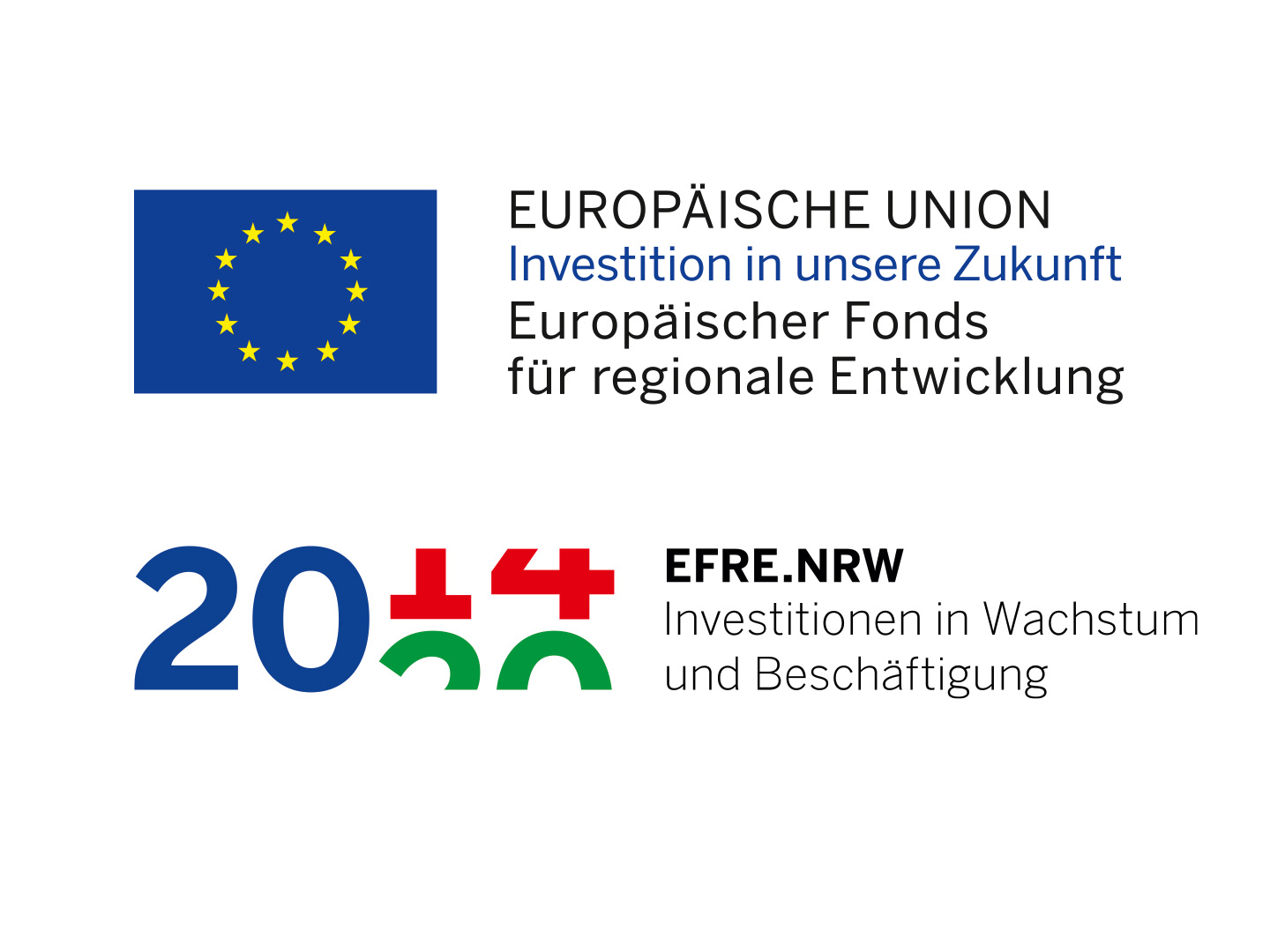Economical use of resources is not only environmentally friendly, but also economical. For this reason, the project developed solutions for ten industrial parks and small and medium-sized companies located there within three years and identified potential savings. The sites are to be strengthened and made fit for the future through economically viable models.
For the potential analysis of the areas, municipal data and geodata were evaluated and discussions and events were held. On the basis of five success factors the resource efficiency was specified more precisely: Energy, water, waste, area and mobility.
Supported by the EU, the project was implemented by Business Metropole Ruhr GmbH and its partners. Participation was free of charge for the participating companies. In order to keep the support intensive and personally, the industrial estates were each supervised by an area manager for one year.
Industrial park managed by Fraunhofer UMSICHT
The industrial park "Am Technologiezentrum" was managed by Boris Dresen, employee of Fraunhofer UMSICHT. It comprises 233 companies and is therefore the largest area in the project. It includes manufacturing and processing industries, bending industry, trade and services. Due to the diversity, many individual discussions were held. A central topic in the cooperation was mobility. In particular, employee mobility through e-bikes and e-cars is to be promoted and the barriers of charging stations, costs and availability are to be reduced.
 Fraunhofer Institute for Environmental, Safety and Energy Technology UMSICHT
Fraunhofer Institute for Environmental, Safety and Energy Technology UMSICHT